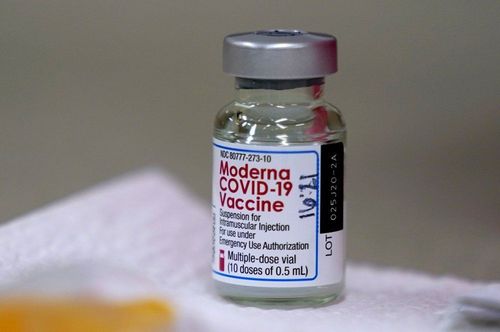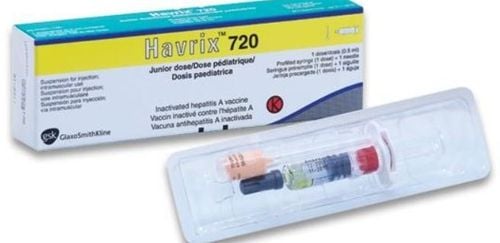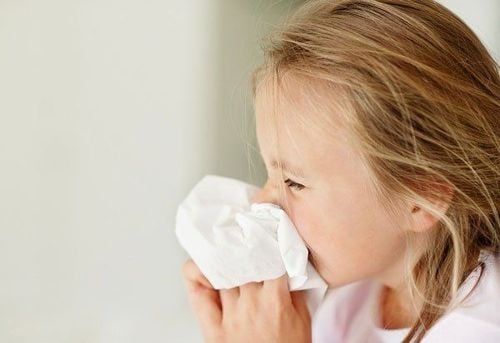This is an automatically translated article.
Pneumococcal disease is a very dangerous bacterial agent that usually causes illness in children under 5 years of age. These are diseases of the ear - nose - throat tract such as pharyngitis, rhinitis, otitis media, more seriously community pneumonia, meningitis, bacteremia...1. Definition of pneumococcal
Pneumococcal disease includes a group of diseases caused by the bacteria Streptococcus pneumoniae. This is a Gram-positive bacterium of the genus Streptococcus. There are many different strains of Streptococcus pneumoniae, many of which colonize the nose, throat and airways of healthy people without causing disease. These people are called carriers. When the body has abnormal health problems such as immunodeficiency, the elderly, and children, the immune system is not yet complete... will create conditions for pneumococci to develop and cause disease.
Pneumococcal disease is spread through the respiratory tract through contact or contact with an infected person through actions such as sneezing, coughing, kissing or sharing personal items.
Streptococcus pneumoniae bacteria cause a wide variety of diseases including common infections with high frequency such as otitis media or sinusitis, and severe and life-threatening infections such as community-acquired pneumonia (CAP). infections in the lungs), blood infections and meningitis (the membrane that surrounds the brain parenchyma).
2. Diseases caused by pneumococci
2.1 Community-acquired pneumonia This is an infection of the lungs that causes the air sacs on one or both sides of the lungs to become damaged and inflamed. The disease can progress quickly and cause many complications of community-acquired pneumonia if not diagnosed and treated promptly. Clinical manifestations include high fever with chills or hypothermia in immunocompromised patients, chest pain with shortness of breath, cough with sputum or blood.
2.2. Otitis media Middle ear infection, also known as an infection in the middle ear, is the main cause of untreated upper respiratory tract diseases or improper treatment that leads to otitis media. Middle ear infections are common in young children with a high rate of 80%. Symptoms of the disease vary between children and adults.
For young children, symptoms such as high fever, fussiness, refusal to breastfeed and ear-rubbing reflexes are common, diarrhea, etc. For older children and adults, there are signs of ear pain, fever, and problems. hearing problems. Patients are often irritable, nauseated, and have a discharge from the ear.

Viêm tai giữa ở trẻ do phế cầu khuẩn gây ra
2.3. Meningitis Meningitis is a pneumococcal disease that is the most difficult to detect and leaves many severe sequelae for sufferers. This disease is manifested with 2 main symptoms, headache and vomiting, so it is easy to confuse with other digestive tract diseases. High fever and headache may appear within a few hours or 1 to 2 days. In addition, people infected with pneumococcal disease also have sensitivity to light, stiff neck, loss of appetite, confusion, irritability, and lethargy. If not detected early and treated promptly, it can leave neurological sequelae for children.
3. How to prevent pneumococcal disease
Immunization with pneumococcal vaccine early for children from 6 weeks of age is one of the effective measures to prevent pneumococcal disease, which is recommended by WHO to be included in the national immunization program. Given the extent to which it causes many serious diseases to humans, the prevention of pneumococcal disease is a way to reduce the unfortunate mortality rates, as well as reduce the cost and time of treatment.
Children aged 5 weeks to 5 years are recommended to be vaccinated against diseases caused by Pneumococcal disease. Vaccination is considered an effective measure to help children be protected from pneumococcal disease in order to reduce complications as well as reduce costs and indiscriminate use of antibiotics (one of the issues that are of concern to children). current leading). Depending on age, the number of injections will vary from case to case.
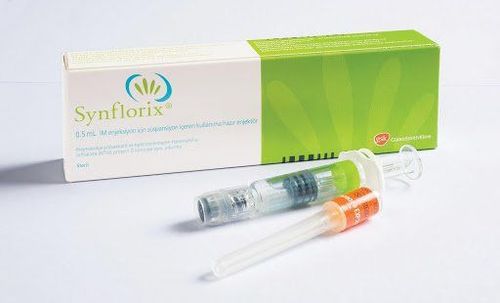
Vắc-xin Synflorix hiện đang có tại Bệnh viện Đa khoa Quốc tế Vinmec
Keep children warm when the weather changes Clean and clean the nose and throat area Strengthen resistance (feed children with adequate nutrition, breastfeed) completely in the first 6 months of life,..). Vinmec International General Hospital provides the Synflorix vaccination service produced by GlaxoSmithKline (GSK) - Belgium. Active immunization for children and young children from 6 weeks to 5 years of age prevents diseases caused by pneumococcal (Streptococcus pneumoniae) vaccine serotypes 1, 4, 5, 6B, 7F, 9V, 14, 18C, 19F, 23F and cross-react with serotype 19A and prevent acute otitis media caused by Haemophilus influenzae unspecified.
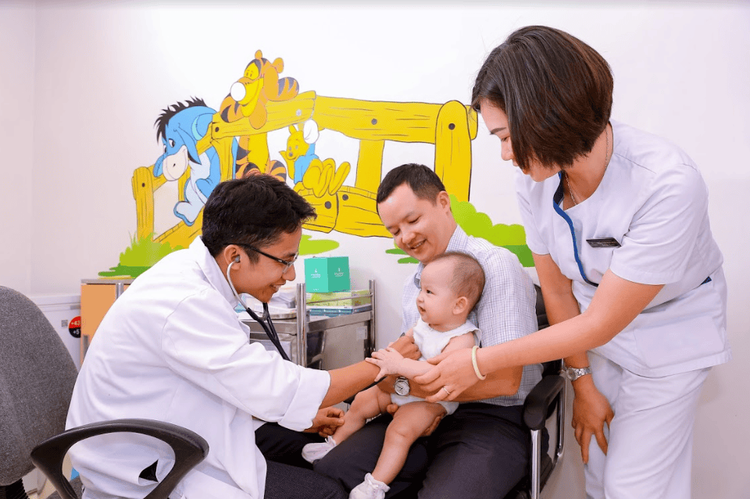
Trẻ sẽ được bác sĩ chuyên khoa thăm khám trước khi tiêm chủng
Children will be examined by specialist doctors, fully screened for physical and health problems, advised on vaccines and injection regimens, possible reactions, how to monitor and care for children after vaccination before giving the indication for vaccination to ensure the best effectiveness and safety for the child. A team of experienced and professional pediatric doctors and nurses, understand children's psychology and apply effective pain relief methods for children during the vaccination process. 100% of vaccinated children were monitored for 30 minutes after vaccination and reassessed before leaving. Post-vaccination monitoring room is fully equipped with emergency facilities; the team of doctors - nurses are trained in anaphylaxis emergency management to ensure timely and correct treatment when an incident occurs. In addition, Vinmec Hospital system always has an emergency team ready to coordinate with the vaccination room to handle cases of anaphylaxis, respiratory failure - circulatory arrest to ensure the safest vaccination for children. . Vaccination room is airy, has a play area, helping children feel comfortable as if they are walking and have a good mood before and after vaccination Customers can directly go to Vinmec Health system nationwide to check or contact the hotline here for support.
SEE ALSO:
Tips on vaccinations to protect children for a lifetime Pneumococcal vaccine schedule Synflorix Japanese encephalitis vaccination schedule as recommended by the Ministry of Health




